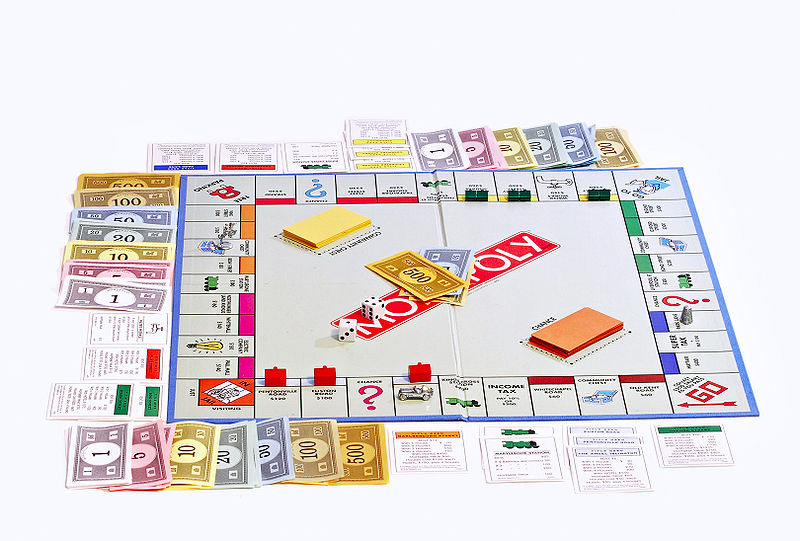Gottfried Leibniz goes up to the counter and orders a muffin. The barista says he’s lucky since there is only one muffin left. Isaac Newton shoves his way up to the counter, saying Leibniz cut in line and he was first. Leibniz insists that he was first. The two of them come to blows.
* * *
Georg Wilhelm Friedrich Hegel goes up to the counter and gives a tremendously long custom order in German, specifying exactly how much of each sort of syrup he wants, various espresso shots, cream in exactly the right pattern, and a bunch of toppings, all added in a specific order at a specific temperature. The barista can’t follow him, so just gives up and hands him a small plain coffee. He walks away. The people behind him in line are very impressed with his apparent expertise, and they all order the same thing Hegel got. The barista gives each of them a small plain coffee, and they all remark on how delicious it tastes and what a remarkable coffee connoisseur that Hegel is. “The Hegel” becomes a new Starbucks special and is wildly popular for the next seventy years.
* * *
Adam Smith goes up to the counter. “I’ll have a muffin,” he says. “Sorry,” says the barista, “but those two are fighting over the last muffin.” She points to Leibniz and Newton, who are still beating each other up. “I’ll pay $2 more than the sticker price, and you can keep the extra,” says Smith. The barista hands him the muffin.
* * *
Ludwig Wittgenstein goes up to the counter. “I’ll have a small toffee mocha,” he says. “We don’t have small,” says the barista. “Then what sizes do you have?” “Just tall, grande, and venti.” “Then doesn’t that make ‘tall’ a ‘small’?” “We call it tall,” says the barista. Wittgenstein pounds his fist on the counter. “Tall has no meaning separate from the way it is used! You are just playing meaningless language games!” He storms out in a huff.
* * *
Ayn Rand goes up to the counter. “What do you want?” asks the barista. “Exactly the relevant question. As a rational human being, it is my desires that are paramount. Since as a reasoning animal I have the power to choose, and since I am not bound by any demand to subordinate my desires to that of an outside party who wishes to use force or guilt to make me sacrifice my values to their values or to the values of some purely hypothetical collective, it is what I want that is imperative in this transaction. However, since I am dealing with you, and you are also a rational human being, under capitalism we have an opportunity to mutually satisfy our values in a way that leaves both of us richer and more fully human. You participate in the project of affirming my values by providing me with the coffee I want, and by paying you I am not only incentivizing you for the transaction, but giving you a chance to excel as a human being in the field of producing coffee. You do not produce the coffee because I am demanding it, or because I will use force against you if you do not, but because it most thoroughly represents your own values, particularly the value of creation. You would not make this coffee for me if it did not serve you in some way, and therefore by satisfying my desires you also reaffirm yourself. Insofar as you make inferior coffee, I will reject it and you will go bankrupt, but insofar as your coffee is truly excellent, a reflection of the excellence in your own soul and your achievement as a rationalist being, it will attract more people to your store, you will gain wealth, and you will be able to use that wealth further in pursuit of excellence as you, rather than some bureaucracy or collective, understand it. That is what it truly means to be a superior human.” “Okay, but what do you want?” asks the barista. “Really I just wanted to give that speech,” Rand says, and leaves.
* * *
Voltaire goes up to the counter and orders an espresso. He takes it and goes to his seat. The barista politely reminds him he has not yet paid. Voltaire stays seated, saying “I believe in freedom of espresso.”
* * *
Thomas Malthus goes up to the counter and orders a muffin. The barista tells him somebody just took the last one. Malthus grumbles that the Starbucks is getting too crowded and there’s never enough food for everybody.





